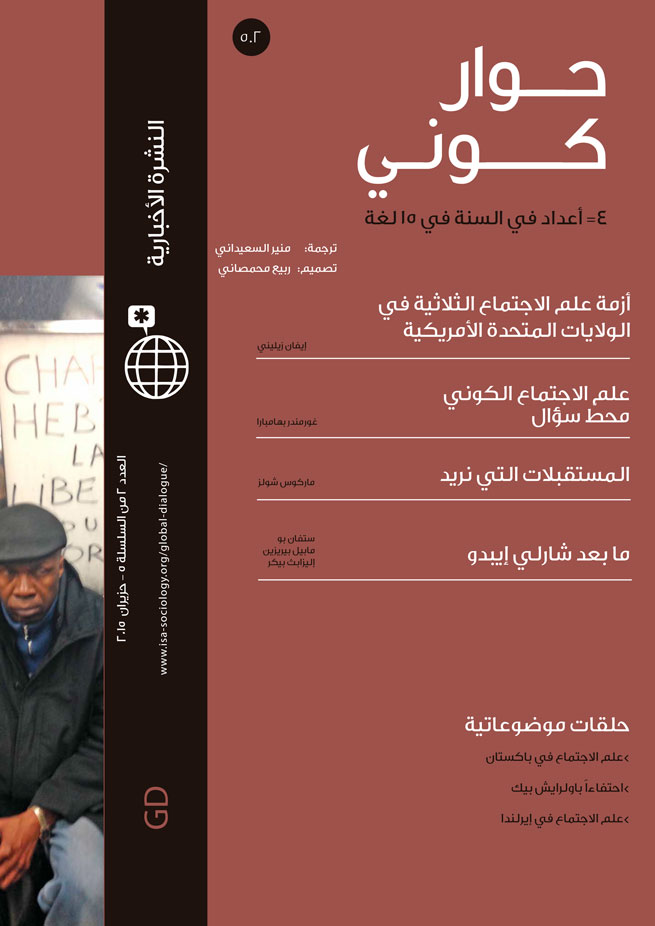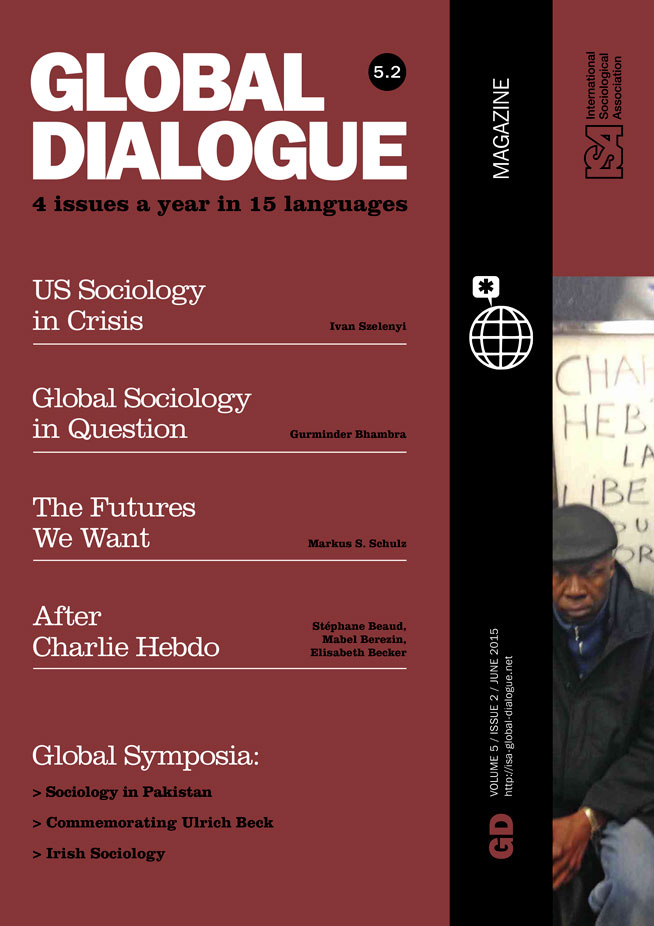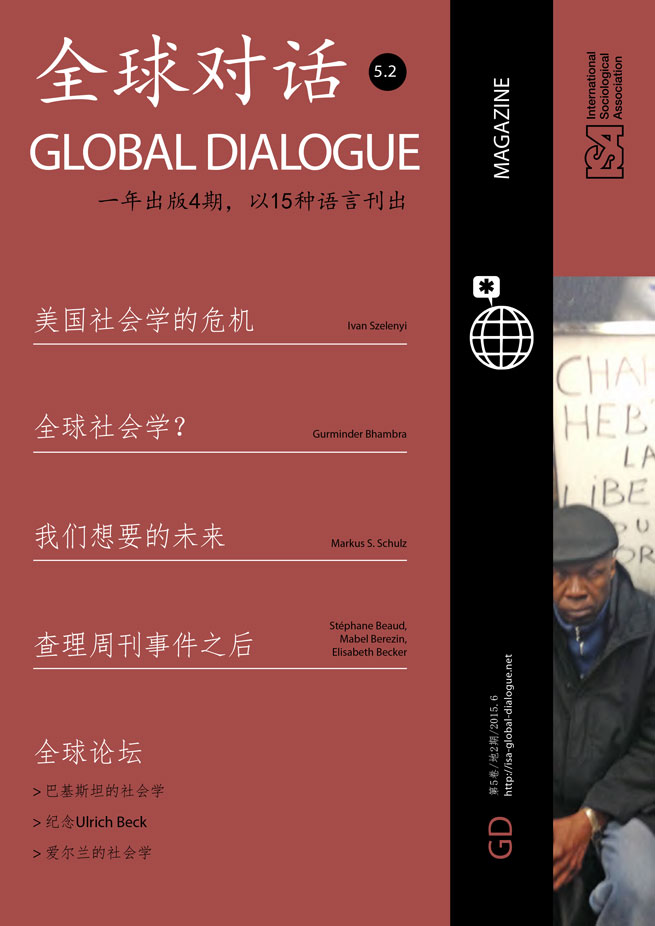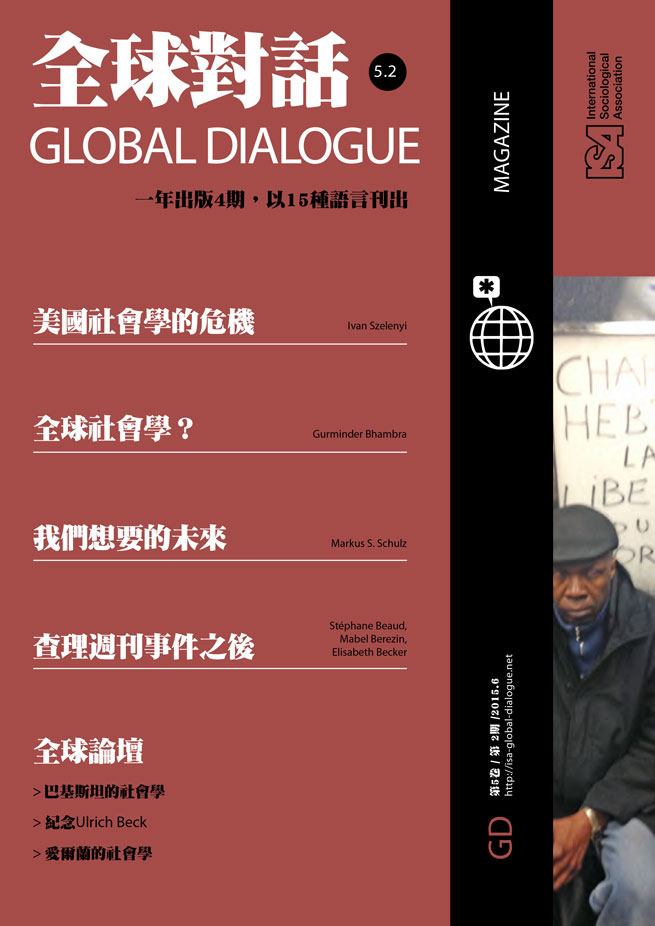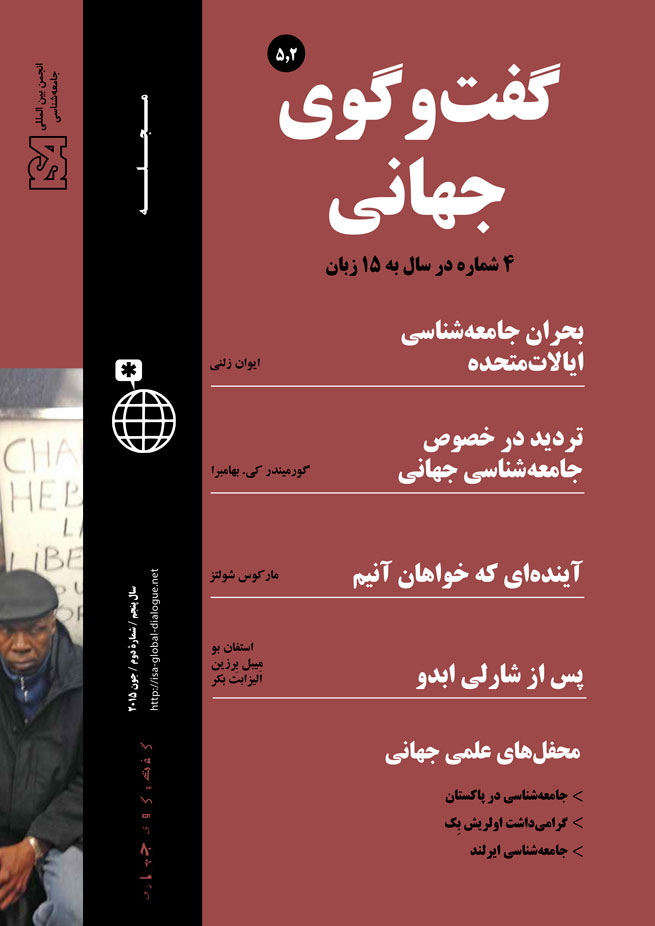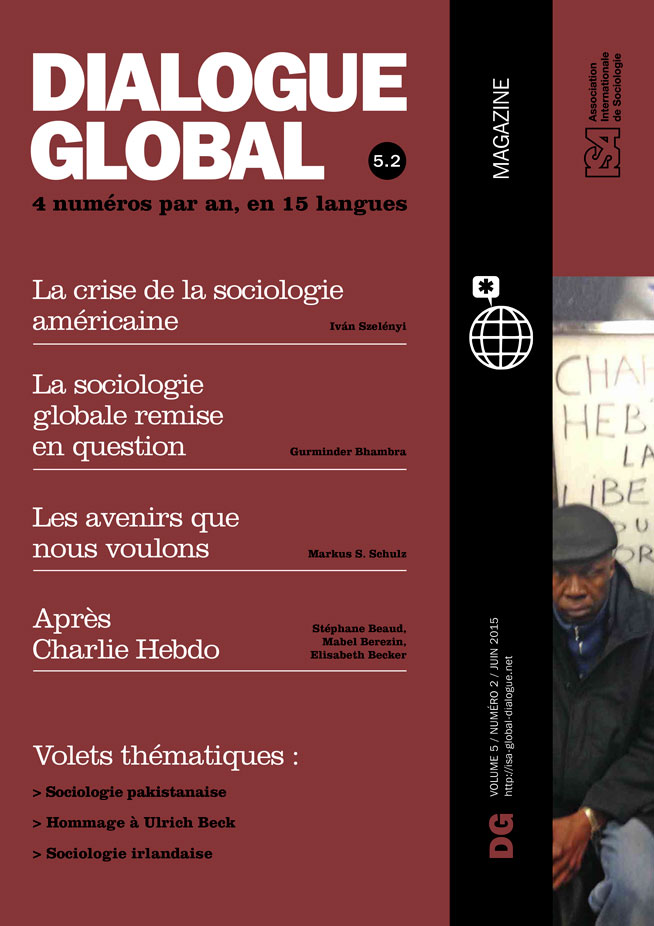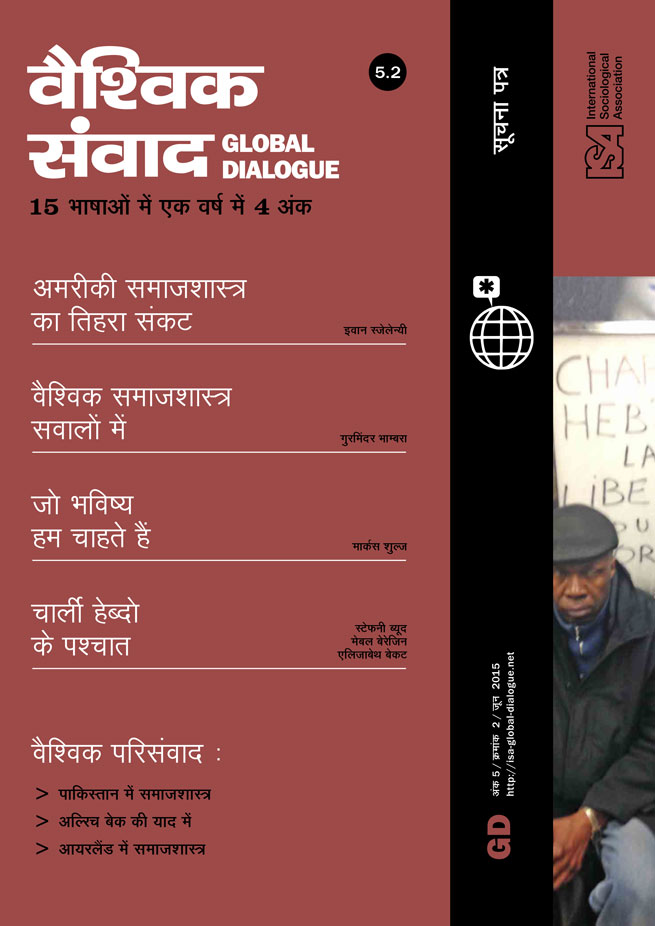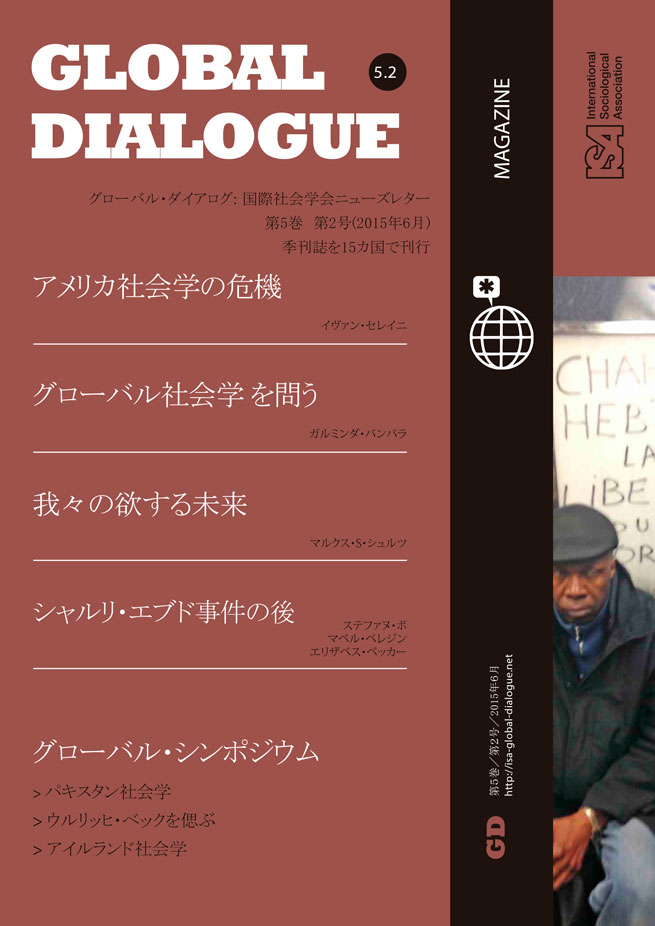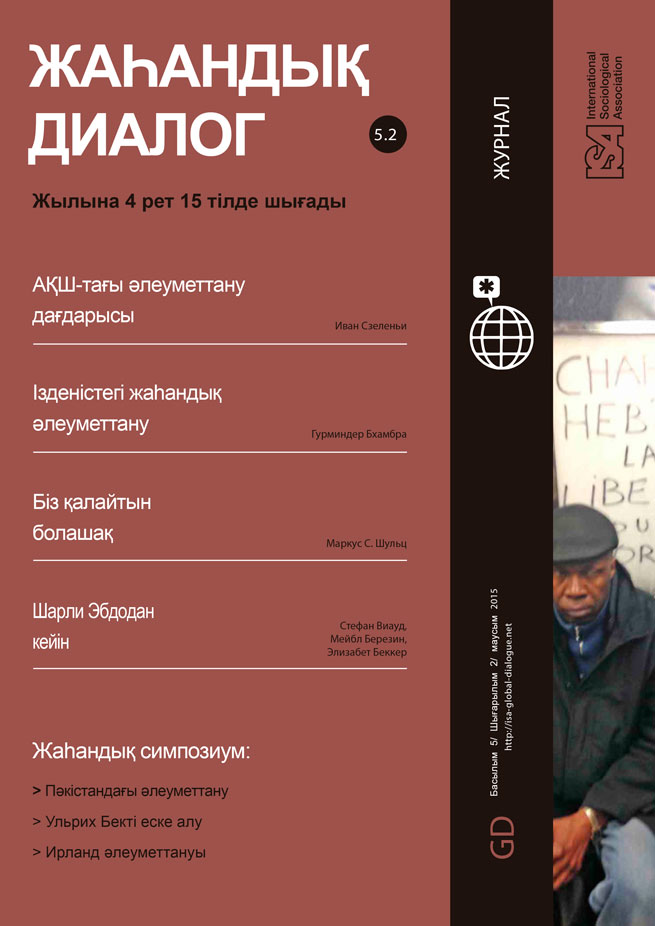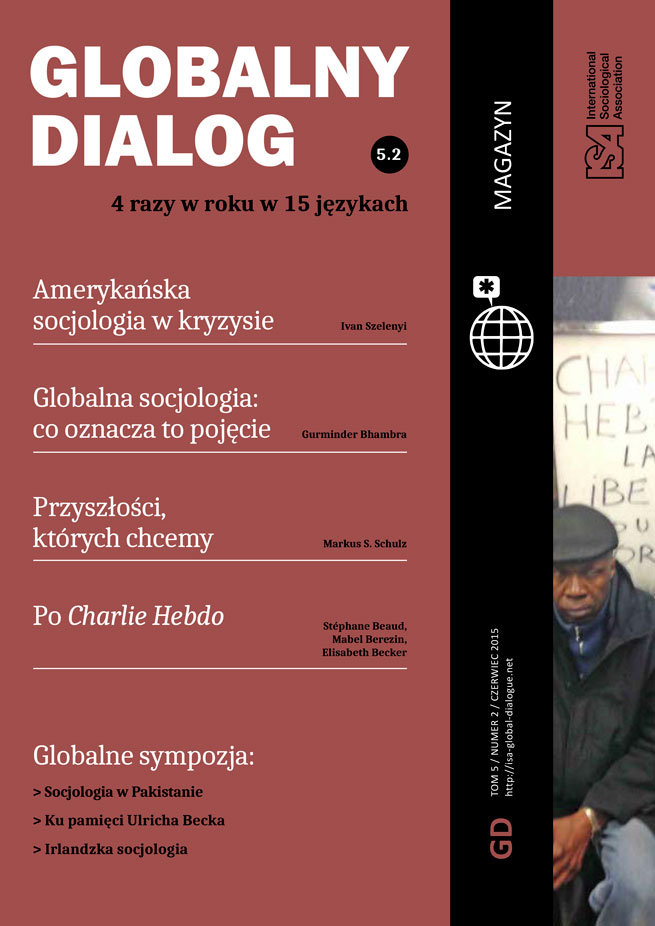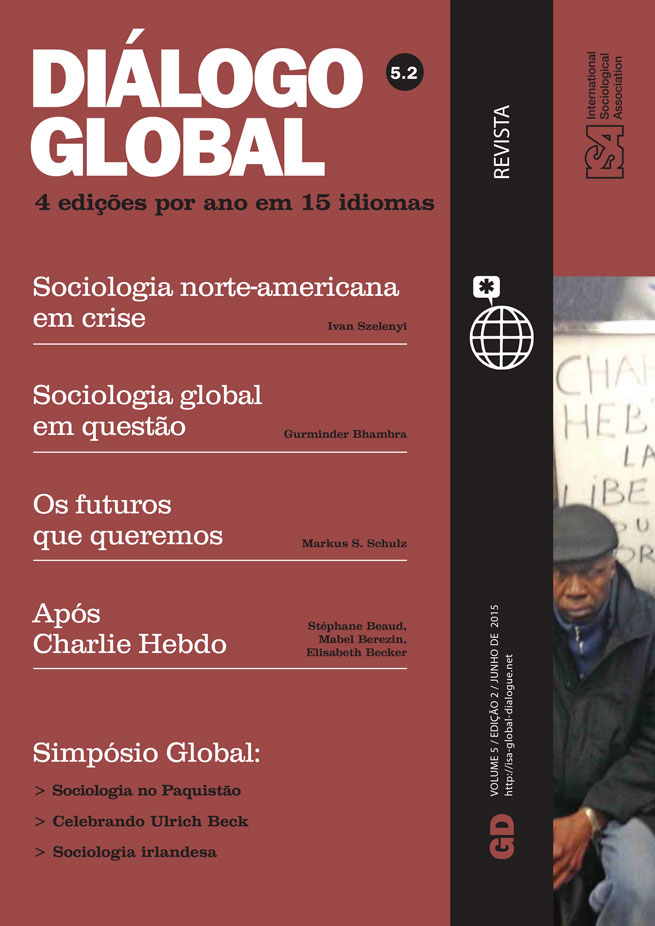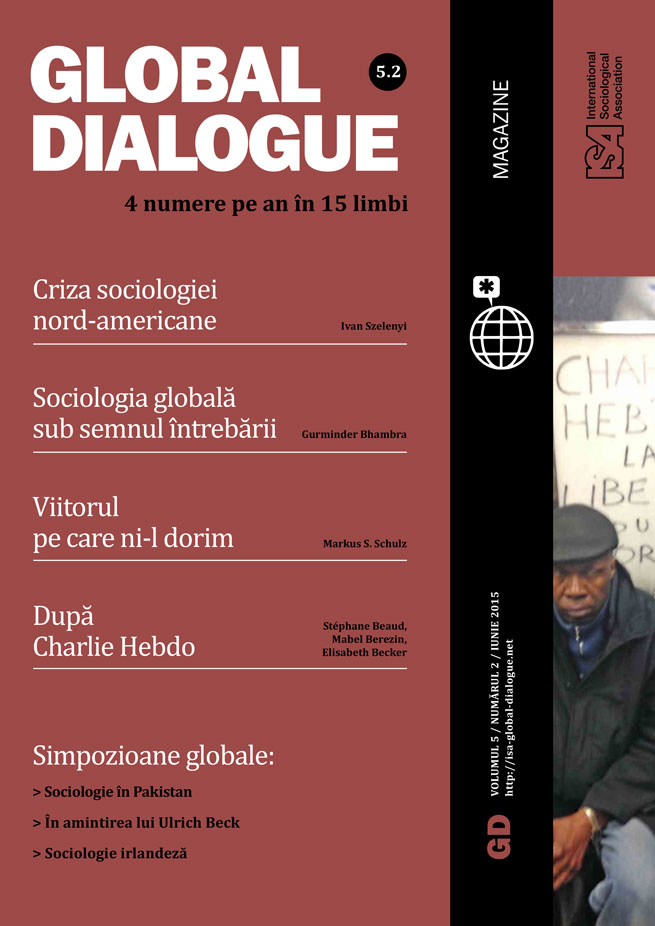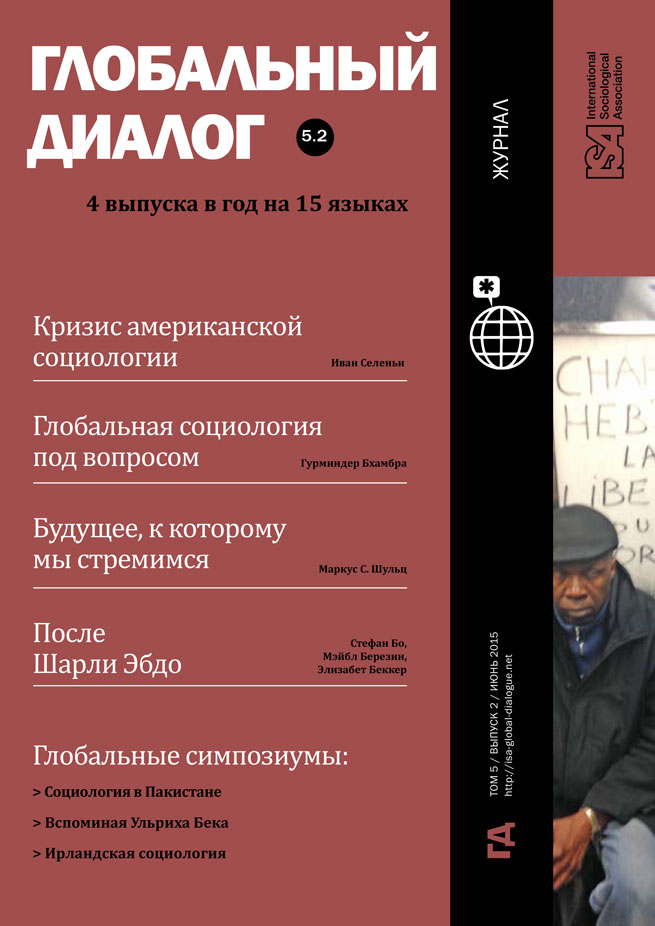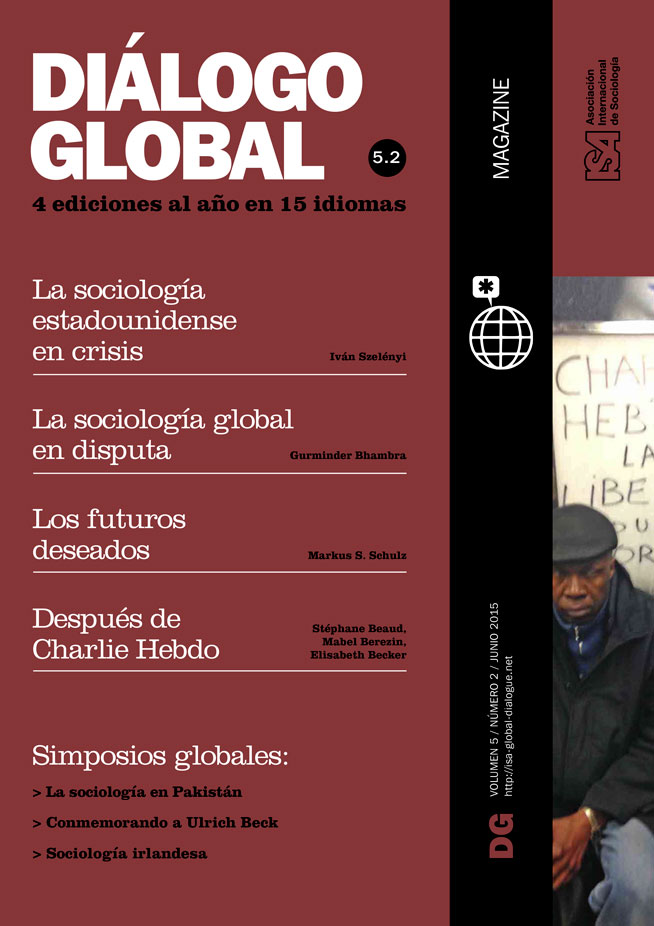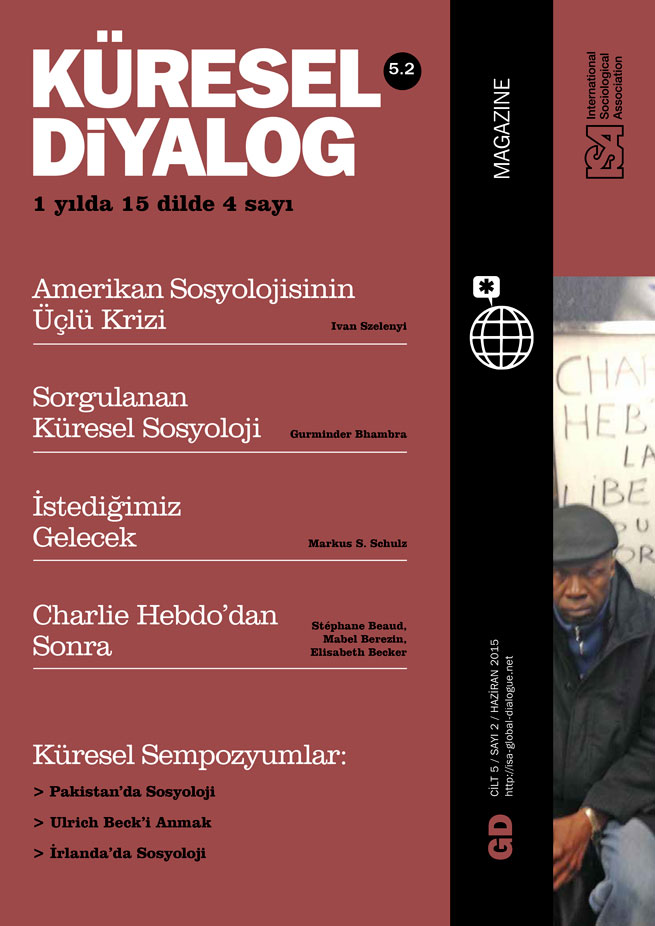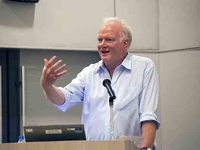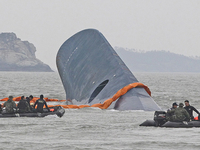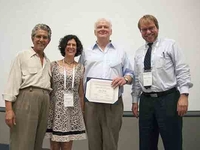Ulrich Beck in Latin America
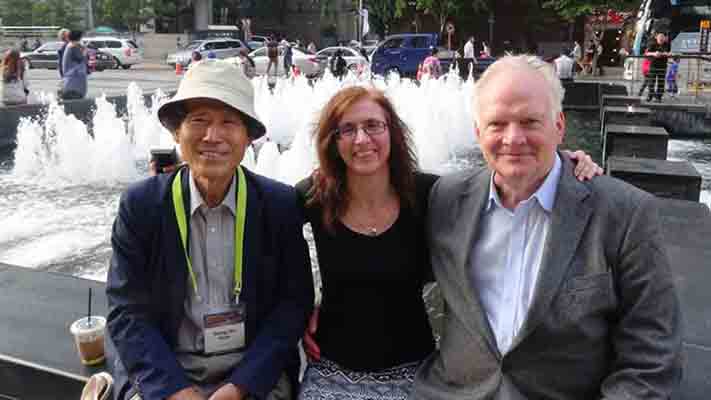
April 30, 2015
How to assess the impact of Ulrich Beck’s work in Latin America? A work that so subtly and thoroughly connects human beings, the environment, and techno-scientific knowledge has a lot to say to citizens and social scientists of the subcontinent most usually defined by its nature, and its abiding pursuit of industrialization.
There is a deep affinity between the notion of risk society as developed by Beck in his writings over three decades, and the thinking about the dependent position of Latin America that writers and intellectuals of the region began to elaborate in the early decades of the twentieth century. Aimed at exposing the neocolonial situation of Latin American countries after independence, this discourse denounces the voracious exploitation of natural resources disguised as progress, in the hands of foreign actors with the complicity of local elites. It has become the common sense and is behind theorizations such as “dependency theory” of the 1970s, and current discussions on “extractivism” and “neoextractivism.” We cannot talk of a direct correspondence between Beck’s theorizations and this discourse, but of a dialogue that illuminates each other, whose main arguments I would like to retrace here.
Beck’s foundational characterization of risk as an inevitable byproduct of “techno-economic development” (1992: 20), draws attention to the ambivalence of this process, its two-faced nature. In Beck’s words, the “bads” that result from the “goods” of industrialization are more acutely visible in those lands of Latin America, which provide the natural resources that fuel this process, with the ensuing social and environmental impacts. And the problem of the distribution of risks is also more noticeable and morally compelling in a region marked by inequalities. In this sense, Beck’s theorization constitutes a crucial contribution to the understanding of long-standing phenomena in the region.
Additionally, in Europe and the US, Risk Society was mostly read as a work that talks about the “democratic” character of risk, emphasizing the fact that no boundaries can be drawn to contain acid rain or the radioactive cloud that originated in Chernobyl. However, from the beginning Beck was conscious of the relationship between risk and power, and of the unequal distribution of risks within and between countries. Having in mind the Bophal disaster, in India, and the heavily polluted town of Villa Parisi, in Brazil, he wrote:
The worldwide equalization of risk positions must not deceive us about new social inequalities within the affliction of risk. These arise especially where risk positions and class positions overlap – also on an international scale. The proletariat of the global risk society settles beneath the smokestacks, next to the refineries and chemical factories in the industrial centers of the Third World. (1992: 41, emphasis in original)
Yet, initially Beck seemed to think that the imposed risks were blindly accepted by citizens of developing countries as the price to pay for development: “For these people the complex installations of the chemical factories with their imposing pipes and tanks are expensive symbols of success” (1992: 42). But the study of the discourse that developed in Latin America during the twentieth century points to protests against these kind of projects from very early on.
As early as 1930 Nicolás Guillén, who would eventually become official poet of the Cuban Revolution, wrote in his poem, “Sugar Cane”:
The black man
beside the cane field.
The yankee
above the cane field.
The land beneath
the cane field.
Blood that is draining away from us!
He was denouncing the socially and environmentally destructive way US companies produced sugar in Cuba in those times.
So far, we have talked about the production and distribution of risks. But the very definition of risks is another of Beck’s fundamental contribution to understanding these processes in Latin America. Who has the power to define what constitutes a risk? Those who control “relations of definition” are also in a position to benefit from their power. In discussing “the inequality of global risks” within world risk society, Beck wrote:
Whoever wishes to uncover the relationship between world risk and social inequality must reveal the grammar of the concept of risk. Risk and social inequality, indeed, risk and power, are two sides of the same coin. Risk presumes a decision, therefore, a decision-maker, and produces a radical asymmetry between those who take [decisions], define the risk and profit from them, and those who are assigned to them, who have to suffer the unforeseen side effects of the decision of others, perhaps even pay for them with their lives, without having had the chance to be involved in the decision-making process. (2014: 115, emphasis in original)
Is it possible that this situation will change? Is it possible for the powerless to be heard some time in the future, for Latin America to overcome the neocolonial conditions under which some processes are still taking place? In his last published articles, Beck claimed that a “metamorphosis of the world” is underway nowadays as a result of “the positive side effects of bads.” It implies a “scale of change beyond our imagination,” and is mostly a consequence of climate change and how it has changed us: “our way of being in the world, our way of thinking about the world, our way of imagining and doing politics” (2015a: 75-76).
Although he stressed the differences between “dependency (theory)” and “cosmopolitization (theory),” he warned:
Metamorphosis, in principle, is unfinished, unfinishable, open-ended, and may be reversible. Even if the power relations have been opened up, even if there is more (anticipation of) equality and symmetrical distribution of dependencies, does this imply that the cosmopolitan relationships cannot again be instrumentalized by neo-imperialistic strategies? No, definitely not. Cosmopolitization is not unidirectional. It therefore includes the possibility of reinforcing imperialistic power structures. (2015b: 122, emphasis in original)
He admitted that his ideas on “metamorphosis of postcolonialism,” as he called it, were “underdeveloped” (Ibid.: 121). His sudden death interrupted this reflection. In any case, in Latin America, social scientists and ordinary citizens will continue learning from him. It is significant that many of his books (like Weltrisikogesellschaft, Fernliebe, with Elisabeth Beck-Gernsheim, and Das deutsche Europa) have been translated into Spanish earlier than into English. He was a scholar and an intellectual, active in public discussions – a kind of figure most cherished in our region and a double reason for our admiration.
References
Beck, U. (1992) [1986] Risk society. Towards a New Modernity. London: Sage Publications.
Beck, U. (2014) Ulrich Beck. Pioneer in Cosmopolitan Sociology and Risk Society. London: Springer.
Beck, U. (2015a) “Emancipatory catastrophism: What does it mean to climate change and risk society?” Current Sociology 63(1): 75-88.
Beck, U. (2015b) “Author’s reply.” Current Sociology 63(1): 121-125.
Ana María Vara, National University of San Martín, Argentina and Board Member of the ISA Research Committee on Environment and Society (RC24) <amvara@yahoo.com.ar>

